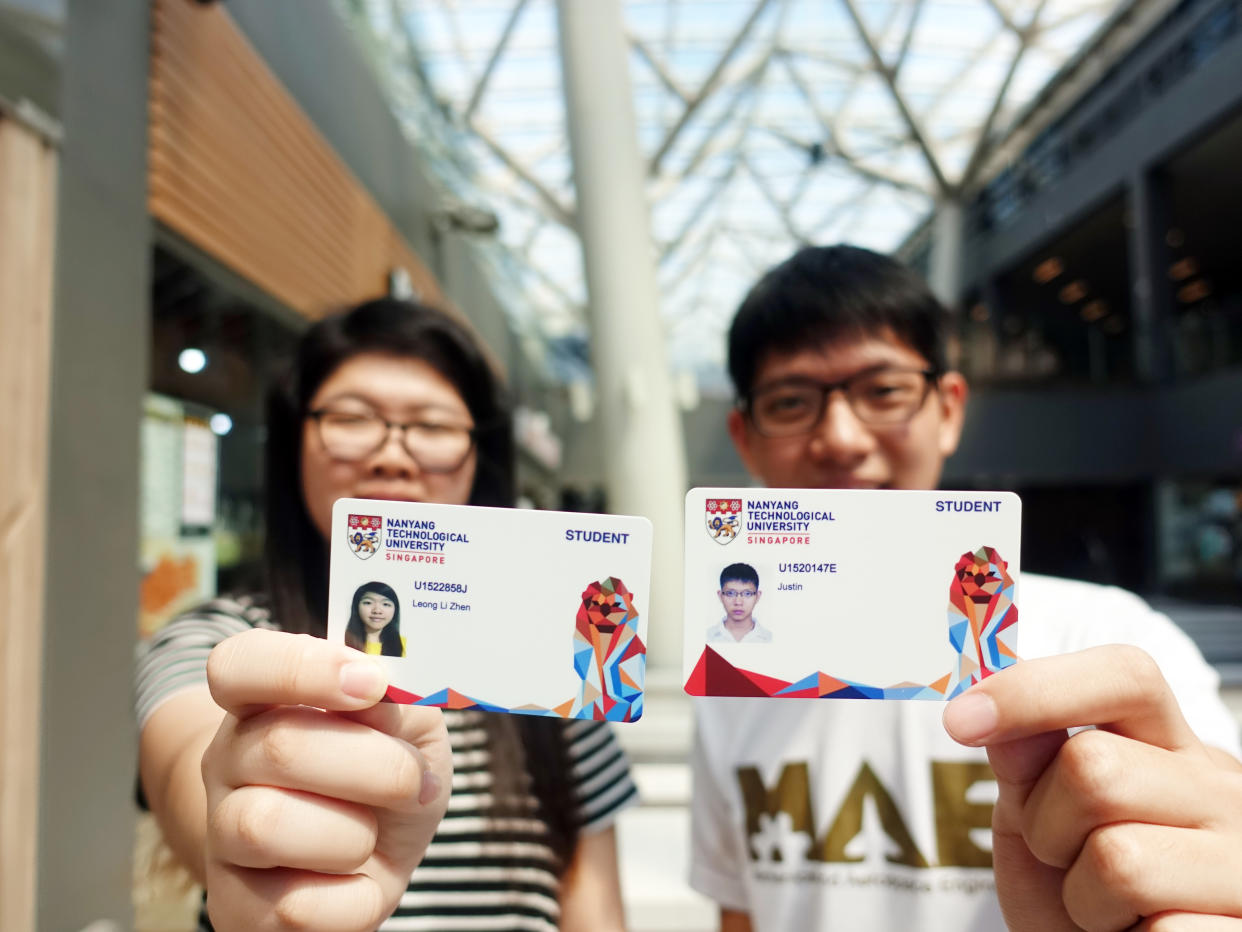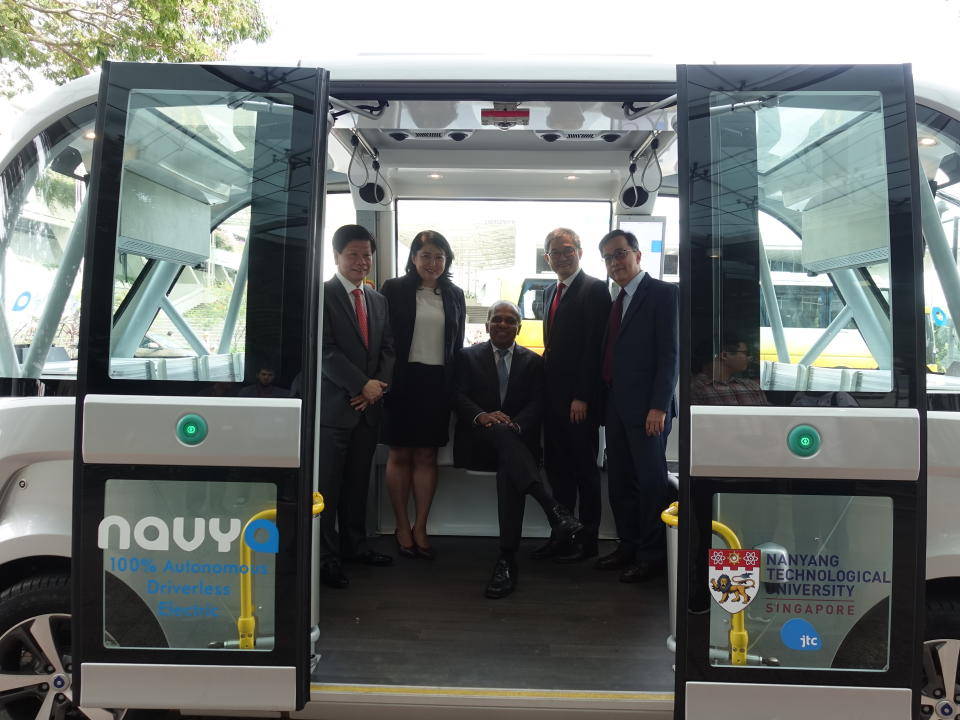NTU aims to become a tech-savvy campus with new Smart Pass, tech courses

A new degree programme in artificial intelligence, modules on information and communication technologies, an all-in-one smart campus card, as well as drones and painting robots.
These upcoming initiatives under the Smart Campus initiative are aimed at transforming the Nanyang Technological University (NTU) into a tech-savvy campus in “the months and years to come”, said the university’s new President, Professor Subra Suresh, at a press briefing on Tuesday (9 January).
Starting in August this year, all NTU undergraduates will have to take on new core modules to enhance their digital literacy.
At the same time, a new undergraduate programme in data science and artificial intelligence – jointly developed by NTU’s School of Computer Science and Engineering and the School of Physical and Mathematical Sciences – will offer 20 to 30 prospective students a curriculum with “equal emphasis on theory and practice”.
“It is not just about using technology, it is also about training the citizens of the 21st century, young students who would become leaders of the region, nation and world,” Prof Suresh said.
The NTU Smart Pass, which launches on Wednesday, will be rolled out to the university’s 40,000 students and staff members in stages. NTU is also looking into developing a Smart Alumni Pass.
Replacing the current student matriculation card, the new pass, which comes with a contactless identity chip and the NETS FlashPay function, functions as an identity card, an access card and a cash-free mode of payment that can be used at both public and on-campus vendors.
For instance, students and staff members can use the card to borrow materials from campus libraries and access facilities as well as pay for their purchases at 90 per cent of the merchants and 80 per cent of the canteens on campus. They can also use it to pay for public transportation and at all retail stores enabled with FlashPay in Singapore.
Other functions, such as registering at campus medical centres for health checks and consultations, will be rolled out in due course.
Leong Li Zhen, 21, a third-year Electrical & Electronic Engineering student, said, “With this card, it is more efficient as I can pay using it instead of cash. I don’t have to carry my whole wallet around with the food tray while I buy my food.”

E-transport options around campus
NTU also plans to test 22-seater electric shuttles, 40-seater autonomous buses and drones on campus, in addition to an ongoing trial on autonomous electric shuttles.
These will be complemented with transportation options like e-scooters and e-bicycles, which will be trialed in collaboration with SMRT. There will be charging stations for the electric vehicles and e-mobility devices, including systems for wireless charging.
Sometime this year, more robots – some co-developed by NTU with industry partners – will be introduced. These include robots that can clean, return trays, carry parcels, paint and even inspect buildings.
Highlighting the progress that NTU has made in science, technology and education over the last two decades, Prof Suresh said, “The university being a microcosm of Singapore, (I hope) we can take the lead as the largest smart campus in Singapore and become one of the smartest campuses in the world.”


